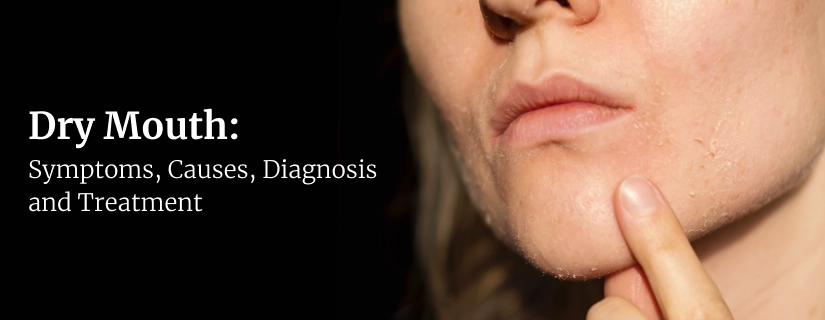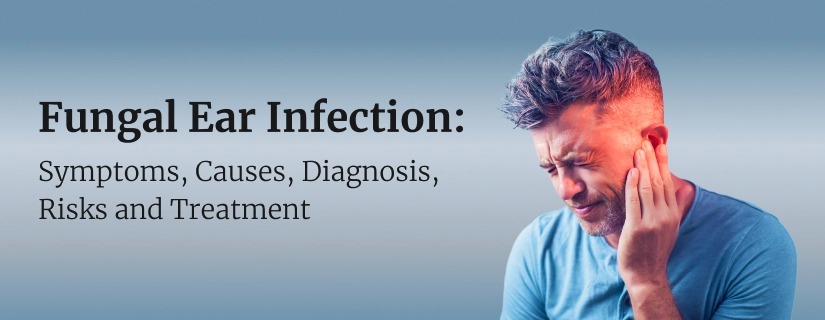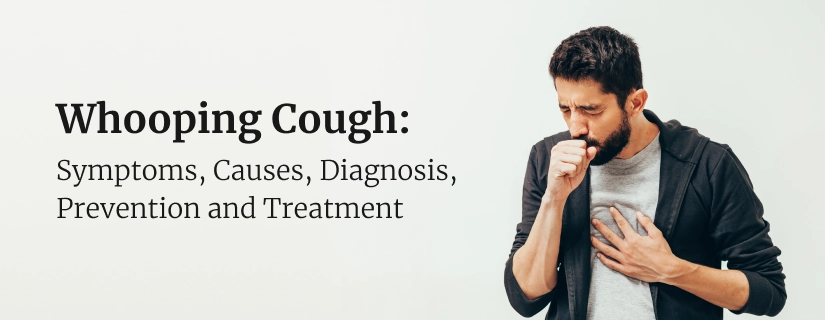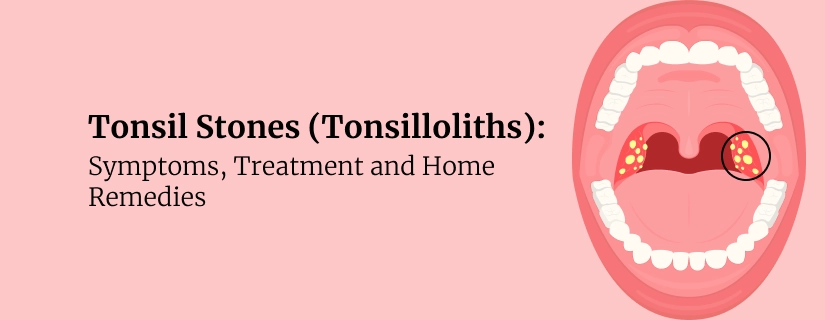-
Doctors
-
Specialities & Treatments
Centre of Excellence
Specialties
Treatments and Procedures
Hospitals & Directions HyderabadCARE Hospitals, Banjara Hills CARE Outpatient Centre, Banjara Hills CARE Hospitals, HITEC City CARE Hospitals, Nampally Gurunanak CARE Hospitals, Musheerabad CARE Hospitals Outpatient Centre, HITEC City CARE Hospitals, Malakpet
HyderabadCARE Hospitals, Banjara Hills CARE Outpatient Centre, Banjara Hills CARE Hospitals, HITEC City CARE Hospitals, Nampally Gurunanak CARE Hospitals, Musheerabad CARE Hospitals Outpatient Centre, HITEC City CARE Hospitals, Malakpet Raipur
Raipur
 Bhubaneswar
Bhubaneswar Visakhapatnam
Visakhapatnam
 Nagpur
Nagpur
 Indore
Indore
 Chh. Sambhajinagar
Chh. SambhajinagarClinics & Medical Centers
Book an AppointmentContact Us
Online Lab Reports
Book an Appointment
Consult Super-Specialist Doctors at CARE Hospitals
Hemoptysis (Coughing Up Blood): Causes, Treatment and Home Remedies
Updated on 29 February 2024
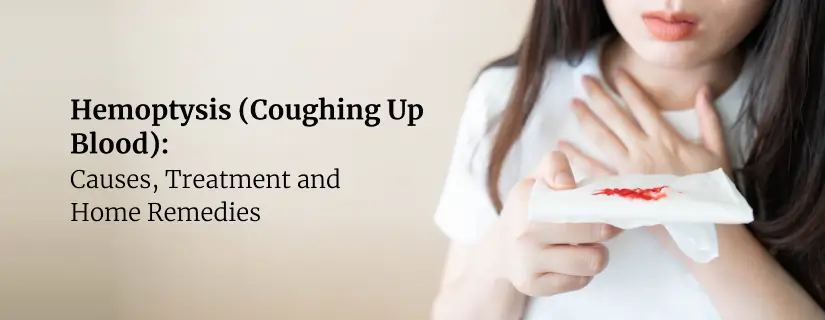
Table of Content
- What is Coughing up Blood?
- Is Blood during Coughing Serious?
- What are the Causes of Blood in Cough?
- How does it lead to blood in cough?
- How can we diagnose Hemoptysis?
- What are the Different Treatment Modalities for Hemoptysis?
- What to look for when you cough up blood?
- What diseases cause blood in cough?
- How to prevent coughing up blood?
- When to Contact a Doctor?
- What are the Different Home Remedies for Blood in Cough?
- Conclusion
- FAQs
Coughing is a common symptom that accompanies various respiratory conditions. While most coughs are harmless and resolve on their own, coughing up blood can be a cause for concern. This condition, known as hemoptysis, can be alarming and may indicate an underlying health issue.
What is Coughing up Blood?
Blood in a cough is called hemoptysis, which refers to the expectoration of blood from the respiratory tract. The blood may come from the lungs, bronchi, trachea, or throat. It can range from a small amount of blood in the mucus to larger amounts that appear bright red or dark and clotted. Coughing up blood can be a distressing experience, both physically and emotionally, and should not be ignored.
Is Blood during Coughing Serious?
Coughing up blood can be a concerning symptom of a severe underlying condition. While it doesn't always indicate a life-threatening condition, it is crucial to determine the underlying health issues to ensure appropriate treatment. The severity of the situation depends on the amount of blood coughed up, the frequency of occurrence, and the presence of other symptoms. If you are experiencing blood in phlegm without a cough, it is essential to consult a doctor for professional evaluation and treatment.
What are the Causes of Blood in Cough?
There are several potential causes for coughing up phlegm with blood, ranging from mild to severe. The following are some possible reasons for coughing up blood:
- Respiratory Infections: Infections such as bronchitis, pneumonia, or tuberculosis can irritate the airways and cause blood to mix with the coughed-up phlegm.
- Lung Conditions: Chronic conditions, such as chronic bronchitis, emphysema, or lung cancer, can lead to hemoptysis. Lung cancer, in particular, may cause bleeding due to tumors or blood vessel erosion.
- Trauma: Chest or respiratory tract injuries can result in coughing up blood. These can include fractured ribs, punctured lungs, or damage to blood vessels.
- Blood Clotting Disorders: Certain conditions that affect blood clotting, such as pulmonary embolism or clotting disorders, can cause blood to appear in the coughed-up mucus.
- Medications: Some medications, such as anticoagulants or blood thinners, can elevate the risk of bleeding and, in turn, lead to coughing up blood.
How does it lead to blood in cough?
Blood in a cough can happen when something causes damage or irritation in the lungs or respiratory tract. Here’s how it might lead to blood:
- Infections: Infections like pneumonia or bronchitis can inflame the airways and lead to bleeding.
- Chronic Conditions: Diseases like COPD or asthma can cause severe coughing that might result in small blood vessels breaking.
- Cancer: Tumors in the lungs can cause bleeding, which shows up in your cough.
- Injury: Trauma to the chest or lungs can result in bleeding.
- Blood Clots: A clot in the lungs (pulmonary embolism) can lead to coughing up blood.
- Vascular Issues: Abnormal blood vessels in the lungs can cause bleeding.
How can we diagnose Hemoptysis?
When you present with symptoms of coughing up blood, your healthcare provider will perform a comprehensive evaluation to identify the underlying cause. This process may involve:
- Medical History: Your doctor will ask various questions about your medical history, including any respiratory conditions, previous lung infections, or exposure to risk factors such as smoking or environmental pollutants.
- Physical Examination: A healthcare professional will perform a thorough physical assessment focusing mainly on your respiratory system. It may include listening to your lungs with a stethoscope and checking for abnormalities.
Hemoptysis is classified depending on the quantification of blood in sputum as:
- Mild < 50ml
- Moderate 50ml-100ml
- Severe > 100ml-500ml
Diagnostic Tests: Your doctor may order various tests to determine the cause of your hemoptysis, including:
- Chest X-ray: This imaging test can help identify any lung or airway abnormalities.
- Computed Tomography (CT) Scan: A CT scan provides detailed images of your lungs, allowing for a more precise evaluation.
- Bronchoscopy: This procedure visualizes any abnormalities or bleeding.
- Blood Tests: Blood tests may assess your overall health and identify any underlying conditions or blood clotting disorders.
- Sputum Culture: This test helps identify potential infections or other underlying issues.
- Biopsy: Doctors may prescribe a biopsy in case of cancer or other pathologies.
What are the Different Treatment Modalities for Hemoptysis?
The treatment mainly depends on the reasons for coughing up blood. Once the specific cause is identified, your doctor will develop an individualized treatment plan. Some treatment options may include:
- Medications: If the cause of blood in the cough is an infection, your doctor may prescribe antibiotics. If a lung condition like chronic bronchitis is present, bronchodilators or corticosteroids may be used to manage symptoms.
- Surgical Intervention: Doctors can perform surgery in cases where a tumor or an abnormality is the reason for coughing up blood in phlegm.
- Supportive Care: Regardless of the cause, supportive care is crucial to manage symptoms and promote healing. It may include some measures like rest, hydration, and avoiding irritants like smoke or pollutants.
What to look for when you cough up blood?
Blood coming from the lungs or respiratory tract often looks bubbly because it mixes with air and mucus. It can be rust-colored or bright red, and the mucus might be completely stained with blood or just have some blood streaks.
Bleeding from the mouth, such as from a cut, is different from coughing up blood. You might notice mouth bleeding when you brush your teeth or after eating.
What diseases cause blood in cough?
Blood in cough can be caused by several conditions, including:
- Bronchitis: Inflammation of the airways that can make you cough up blood.
- Pneumonia: An infection in the lungs that might cause coughing up blood.
- Tuberculosis (TB): A serious lung infection that can lead to coughing up blood.
- Lung Cancer: Tumors in the lungs may cause blood in the cough.
- Pulmonary Embolism: A blood clot in the lungs can cause coughing up blood.
- Chronic Obstructive Pulmonary Disease (COPD): Long-term lung damage can lead to coughing up blood.
- Cystic Fibrosis: A genetic disorder that causes thick mucus in the lungs, leading to bleeding.
- Autoimmune Diseases: Conditions where the immune system attacks the body, affecting the lungs and causing bleeding.
- Trauma: Injury to the chest or lungs can result in coughing up blood.
- Vascular Abnormalities: Issues with blood vessels in the lungs can cause bleeding.
How to prevent coughing up blood?
To prevent coughing up blood, focus on treating the causes and keeping your lungs healthy. Here are some tips.
- Avoid Smoking: Smoking damages the lungs and increases the risk of infections and cancer. Quitting smoking can significantly reduce your risk of coughing up blood.
- Manage Chronic Conditions: If you have chronic conditions like bronchitis, COPD, or asthma, follow your doctor’s treatment plan to keep these conditions under control.
- Treat Infections Promptly: Address respiratory infections, like pneumonia or tuberculosis, early with appropriate medication to prevent complications that could lead to coughing up blood.
- Stay Hydrated: Drinking plenty of fluids helps keep mucus thin and easier to clear from the lungs.
- Practice Good Hygiene: Wash your hands regularly to prevent infections that can lead to respiratory issues.
- Avoid Irritants: Stay away from environmental irritants like dust, chemicals, and pollutants that can harm the lungs.
- Use a Humidifier: Keeping the air moist can help prevent irritation in the respiratory tract.
- Regular Check-ups: See your doctor regularly for check-ups to monitor and manage any underlying health conditions.
When to Contact a Doctor?
While coughing up blood can be alarming, not every instance requires immediate medical attention. However, it is essential to contact your doctor if you experience any of the following:
- Large amounts of blood in your cough
- Frequent episodes of coughing up blood
- Difficulty breathing or shortness of breath
- Chest pain or tightness
- Rapid or irregular heartbeat
- Dizziness or lightheadedness
- Unexplained weight loss
- Persistent cough lasting longer than three weeks
If you are unsure whether your symptoms necessitate immediate medical attention or not, it is always better to err on the side of caution and seek advice from a healthcare professional.
What are the Different Home Remedies for Blood in Cough?
While seeking medical advice for coughing up blood is essential, some home remedies can help diminish symptoms and promote healing. Some common blood-in-cough home remedies include:
- Hydration: Drinking plenty of fluids, particularly warm liquids, such as warm water mixed with honey or herbal teas, can soothe the throat and thin the mucus.
- Steam Inhalation: Using a humidifier or inhaling steam from hot water can help moisten the airways and relieve irritation.
It is essential to remember that these remedies are not a substitute for medical therapy but can be used as a supportive measure. If you are coughing up blood, it is crucial to consult a doctor for an accurate diagnosis of the underlying cause and to take appropriate treatment.
Conclusion
Coughing up blood, or hemoptysis, can be a distressing symptom that warrants medical attention. While it may not always indicate a life-threatening condition, it is essential to determine the underlying cause to ensure appropriate treatment. If you experience coughing up blood, seeking consultation from a healthcare provider for an accurate diagnosis and personalized treatment plan is crucial. Remember, early detection and prompt medical intervention can significantly improve outcomes and promote optimal respiratory health.
FAQs
1. What does hemoptysis mean?
Blood in a cough is called hemoptysis. It can be with mucus or phlegm.
2. I'm experiencing blood in the cough in the morning for the first time; what should be the treatment?
Experiencing blood after the cough in the morning for the first time can be a concerning symptom that needs immediate medical attention. Do not ignore any symptoms accompanying blood in a cough, such as chest pain, breathlessness, or persistent cough, and promptly inform your doctor.
3. What are the causes of blood in cough?
Various causes, such as upper respiratory infections, chronic lung conditions (chronic asthma, COPD), conditions affecting blood vessels in the lungs, chest injury, or lung cancer, may cause hemoptysis.
4. Is coughing up blood serious?
Yes, coughing up blood can be serious and should be checked by a doctor, as it could be a sign of a serious condition.
5. Can hemoptysis lead to death?
Hemoptysis, or coughing up blood, can be life-threatening if caused by a severe underlying condition. It's important to seek medical attention immediately.
6. How long can hemoptysis last?
The duration of hemoptysis depends on the cause. It can be brief or ongoing, but any instance should be evaluated by a doctor.
7. Why do I suddenly cough up blood?
Sudden coughing up blood can be caused by infections, lung conditions, or injury. It’s important to see a doctor to determine the cause.
8. Should I go to the ER if I’m coughing up blood?
Yes, you should go to the ER if you’re coughing up blood, especially if it’s a large amount, it’s happening suddenly, or you have other symptoms like chest pain or shortness of breath.
9. Is bleeding from the throat serious?
Yes, bleeding from the throat can be serious and should be evaluated by a healthcare professional to determine the cause and appropriate treatment.

ENQUIRY FORM
SELECT CATEGORIES
-
Neurosciences (16)
-
Neurology (37)
-
Neurosurgery (14)
-
Orthopaedics (48)
-
Oncology (33)
-
Obstetrics and gynecology (52)
-
Pulmonology (23)
-
Urology (20)
-
Nephrology (13)
-
Psychiatry (7)
-
Dietetics and Nutrition (111)
-
General Medicine (63)
-
Cardiac Sciences (32)
-
Vascular & Endovascular Surgery and Interventional Radiology (15)
-
Gastroenterology (46)
-
Endocrinology (23)
-
Plastic Surgery (10)
-
Critical Care Medicine (5)
-
COVID-19 (16)
-
Dermatology (16)
-
Emergency Care (1)
-
Ophthalmology (4)
-
Pediatrics (14)
-
Laparoscopic and Bariatric Surgery (8)
-
ENT (15)
-
Kidney Transplant (1)
-
Liver Transplantation and Hepatobiliary Surgery (5)
-
General Surgery (3)
-
Internal Medicine (5)
-
Medicine Information
10 Home Remedies For Throat Infection
Swollen Lymph Nodes: Symptoms, Causes, Diagnosis and Treatment
YOU MAY ALSO LIKE
RECENT BLOGS
-

Preterm Birth (Premature Birth): Symptoms, Causes, Treatment and Prevention
13 May 2025
Read More
-

Rotablation Angioplasty: Benefits, Treatments, And Recovery Time
9 May 2025
Read More
-

What Is The Difference Between IUI and IVF?
9 May 2025
Read More
-

Venous Malformations: Causes, Symptoms, and Treatment
30 April 2025
Read More
-

Varicose Vein Foam Sclerotherapy: Treatment, Benefits, and Procedure
30 April 2025
Read More
-

Radiofrequency (RF) Ablation Treatment for Varicose Veins: Know More
30 April 2025
Read More
-

Varicose Vein Sclerotherapy: Treatment, Benefits, and Procedure
30 April 2025
Read More
-

Varicose Vein Endovenous Laser Ablation: Procedure, Benefits, Risks
30 April 2025
Read More
Have a Question?
If you cannot find answers to your queries, please fill out the enquiry form or call the number below. We will contact you shortly.






